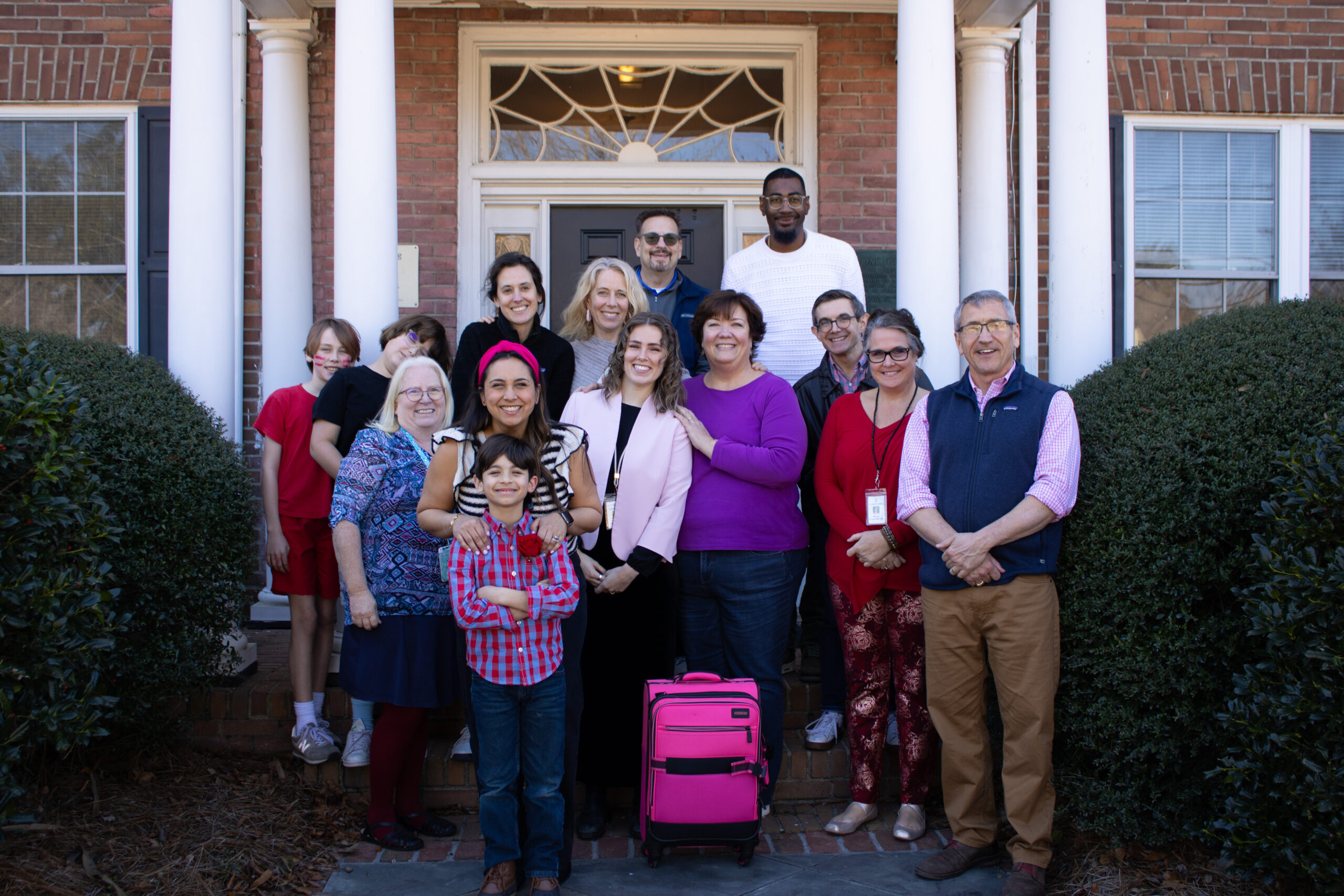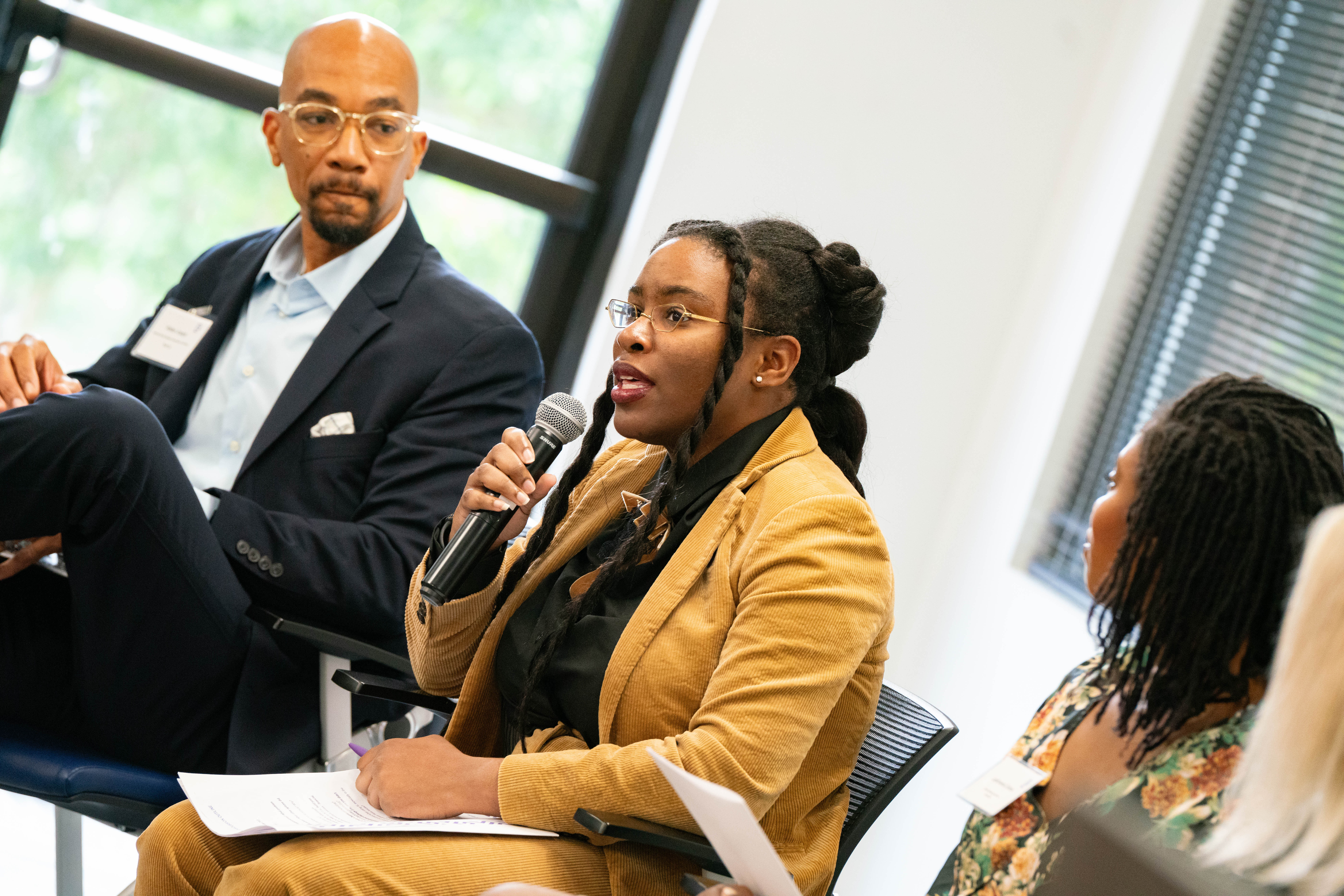As an advocate for children and families, we are committed to ensuring the safety and well-being of all children in our communities. This goes far beyond our residential services as we aim to empower children with the tools to recognize and respond to potential dangers. Whether you are a child, teen, or an adult, you can play a role in recognizing the signs of child abuse and protecting members of our Charleston community.
Understanding Child Abuse Prevention
Child abuse is a pervasive issue affecting nearly one in seven American children each year. These unfortunate acts can take many forms, including physical, emotional, or sexual abuse, and neglect. They can have devastating and long-lasting effects on children’s physical, emotional, and psychological well-being.
Child and young adult violence is often concentrated on individuals between 10 and 29 and is often perpetrated by family members, caregivers, or authority figures.
How to Empower and Protect Children
Empowering adolescents with resilience-building skills is a critical step in preventing child abuse and mitigating its impact. By equipping children with the knowledge, skills, and support systems they need, we can help them navigate potential risks and protect themselves from harm.
We all have a role to play in protecting others. These strategies will allow you to empower and protect the children of your community:
- Open Communication: Establishing open and honest communication with children creates a safe space for them to express their thoughts, feelings, and concerns and actively listen to their perspectives without judgment.
- Personal Safety Education: Teach adolescents about personal safety, including how to recognize and respond to unsafe situations, communicate their boundaries, and seek help from trusted adults or authorities if they feel threatened or uncomfortable.
- Boundaries and Consent: Educate adolescents about the importance of setting and respecting personal boundaries and obtaining consent in all interactions, whether online or offline. Emphasize the difference between healthy and unhealthy relationships and empower children to advocate for their own safety and well-being.
- Recognizing Warning Signs: Help adolescents recognize warning signs of abuse or exploitation, such as sudden changes in behavior, unexplained injuries, withdrawal from activities or social interactions, or inappropriate sexual behavior. Encourage them to trust their instincts and speak up if they suspect abuse or feel unsafe.
- Building Support Networks: Teach your children to foster positive social connections and supportive relationships with family members, friends, teachers, and other trusted adults. Encourage adolescents to seek help and support from these individuals if they experience abuse or need assistance.
Common Signs of Child Abuse
Parents, guardians, and caregivers need to be aware of the common signs of child abuse. These include, but are not limited to, the following:
- Unexplained injuries, bruises, or marks on the child’s body
- Changes in behavior, such as withdrawal, aggression, or anxiety
- Fear of going home or being alone with certain individuals
- Sudden changes in academic performance or attendance
- Lack of appropriate supervision or care
- Inappropriate sexual behavior or knowledge for the child’s age
- Unexplained absences from school or other activities
What to Do If You Suspect Child Abuse
If you suspect that a child is being abused or neglected, it’s crucial to take action to protect them and ensure their safety. Here are some steps you can take:
Listen to the child: Encourage the child to talk about their experiences and listen to them without judgment or blame.
Report suspected abuse: If you have reasonable cause to believe that a child is being abused or neglected, report it to the appropriate authorities, such as Child Protective Services or law enforcement.
Offer support: Become an advocate for your child. Provide support and reassurance, letting them know they are not alone and that help is available.
Seek professional help: Encourage the child and their family to seek professional help from counselors, therapists, or other support services to address the trauma and heal from the abuse.
If you know someone who may be suffering from child abuse, report it immediately to a teacher, guidance counselor, or authorities, or call the National Child Abuse Hotline 1-800-4-A-CHILD (1-800-422-4453).
Landmarks for Families is Here to Help
With more than 230 years of experience supporting South Carolina’s children and families, Landmarks for Families is equipped to lead your child or family through life’s challenges. Whether on-site or in-home, our compassionate team is ready to meet you where you are with the services you need. Contact us today to learn more about our programs and speak with a member of our team.


